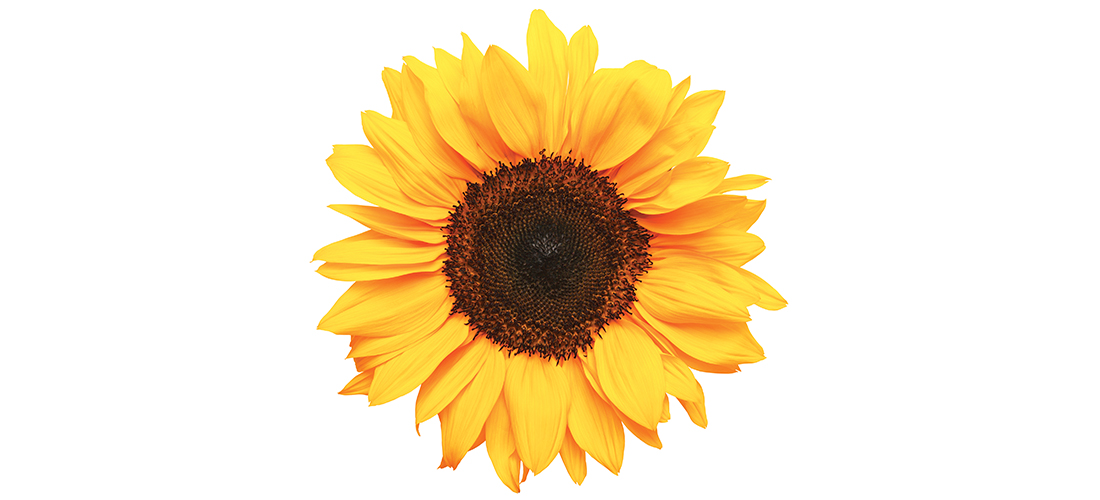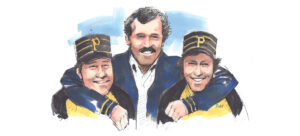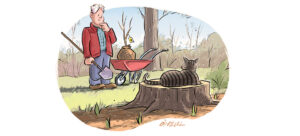
A Saddened Spring
“Where have all the flowers gone?”
By Deborah Salomon
April means spring and spring means happy times, right? Nature slips into renewal mode. Off go the sweatpants, on go the shorts. Kids start riding the bikes Santa brought. That was when winter was winter, spring was spring, summer was summer. Summer was hot but not as hot or as long. Droughts were as dry but didn’t last for years, creating enormous forest tinderboxes that burned animals and their habitats.
Warm spring rain moistened the earth instead of flooding neighborhoods.
The seasons didn’t get mixed up or blown around by hurricanes and tornadoes. This past January the temperature hit 70 for several days, summoning daffodils from my clay pots and buds from the tree branches.
I had hay fever in February.
Fifty-eight years have passed since Rachel Carson predicted, in Silent Spring, that if their use went unchecked, pesticides would kill the insects and birds that chirp to life this time of year. Her advocacy led to banning certain pesticides for agricultural purposes.
Now, even more dire consequences exist. I must change the channel when the polar bear appears, stranded on an ice chunk broken off by warming temperatures. I can’t stand to think what is happening, even though I won’t live to see the calamity. Or maybe I will, if the ostriches don’t pull their heads out of the sand soon.
April 22 means Earth Day, which has an especially poignant meaning, since it occurs four days before the anniversary of my daughter Wendy’s death in 1991. She was a militant Earth child, vegetarian, animal rescuer, protester and, as the simple stone marking her grave reads, “A friend to all living things.”
When I visit that grave in a small, verdant cemetery in Carrboro . . . a clearing in the woods, appropriately . . . I don’t leave flowers. Instead, I spread sunflower seeds for the birds and creatures, sometimes deer, who scatter when I drive up.
Nobody wants to take global warming seriously — too frightening, I guess, although Jeff Bezos just donated $10 billion to address climate change. The problem hit hard in July, during commemorations of the moon landing. Fifty years ago, from outer space the astronauts noticed how thin and vulnerable the atmosphere appeared — nothing more than a halo surrounding the only planet, of perhaps millions, that is known to support life. This halo alone separates humanity from killer forces. Unlike the daffodils and trees, it is not renewable. Gone is gone.
What a bummer, Deb. Everybody else is out celebrating spring, washing their cars, cleaning out their garages, planting their gardens, lighting barbecues and you’re hugging trees.
That’s what people called Wendy: tree hugger. Salad head. She played guitar in coffee houses, and sang Pete Seeger’s anti-war lyrics:
“Where have all the flowers gone, long time passing?
Where have all the flowers gone, long time ago?”
This is a different kind of protest against a different kind of war . . . a war against nature, an assault on the delicate layer meant to protect us from not-so-slow destruction.
A war against spring.
The “environment,” encompassing global warming, is already an election issue. “Clean it up,” one side chants. “Just a hoax,” the ostriches repeat.
A hoax? Tell that to the polar bear, forlornly hanging on to his hunk of melting ice. PS
Deborah Salomon is a staff writer for PineStraw and The Pilot. She may be reached at debsalomon@nc.rr.com.





